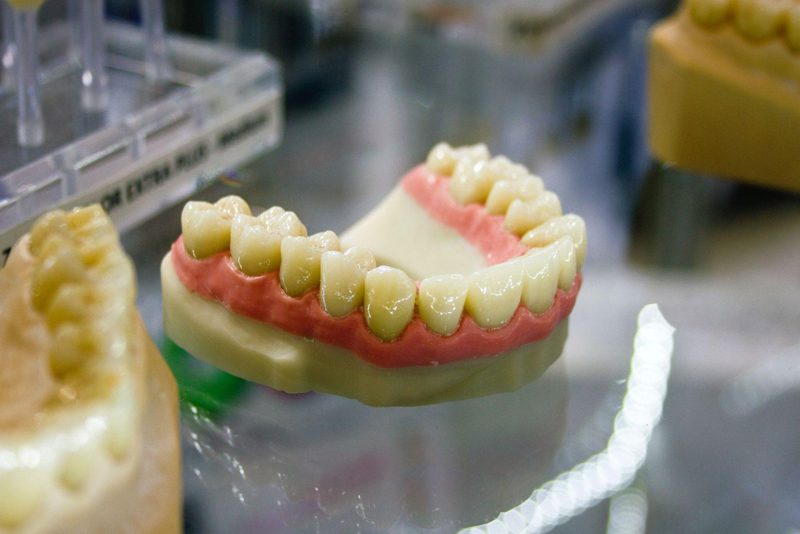While it is well-known that people with diabetes face harm to their heart, eyes, nerves, and other essential body systems because of the disease, the link between diabetes and dental health isn’t as widely discussed. In fact, you may not even be aware that diabetes can be the direct cause of problems in the mouth. For example, people with diabetes have a higher chance of developing periodontal disease (also known as gum disease).
Today, Advanced Indiana will be explaining the link between diabetes and dental health care. After reading, you will be more aware of how diabetes impacts oral health. With approximately 1.7 million new cases of diabetes diagnosed each year- and 8.1 million people living unaware that they have diabetes- this is an important topic of discussion. Let’s get started!
Dental Symptoms of Untreated Diabetes
When left untreated, diabetes can wreak havoc on your oral health. However, diabetes can impact nearly every part of your body. A few of the most common warning signs of diabetes involve excessive thirst and the need to urinate frequently. You might also recognize that you’ve lost weight or become more fatigued. Finally, when your blood sugar level falls too low, you may also find that diabetes can cause you to lose consciousness. That being the case, there are a few more warning signs of untreated diabetes that are specific to dental health, including:
- Reduced saliva production, resulting in dry mouth
- Higher risk of cavities due to a reduced amount of saliva
- Problems tasting food
- Gums become inflamed and bleed easily
- More susceptible to infections in the mouth
Why People With Diabetes Are More Likely to Develop Gum Disease
To understand why people with diabetes are more prone to developing gum disease, you have to know how it is caused in the first place. When the bacteria that live in the mouth make their home in the gums, it can cause periodontal disease. This inflammatory and chronic disease destroys your gums over time, including the bones and the tissue responsible for holding your teeth in place.
It should be noted that gum disease is the most common dental disease found in those with diabetes. In fact, nearly 22 percent of those with diabetes will also develop gum disease. People with diabetes are at a greater risk of developing gum issues due to poor blood sugar control. When blood sugar rises, you become more susceptible to infections.
Helpful Oral Health Tips For Those With Diabetes
If you have diabetes, you may be wondering what you can do to decrease your chances of developing gum disease. In general, our dentists recommend maintaining your blood sugar as the main line of defense. Those with poor blood glucose control are more likely to develop gum disease. If you have diabetes, you should be sure to:
- Brush your teeth regularly, two times per day at minimum
- Control your blood glucose
- Tell your dentist if your gums are sore
- Always visit for your routine dental checkups, and be sure to tell your dentist that you have diabetes
- Floss regularly
- If you are a smoker, quit smoking as soon as possible. Smoking is known to raise the chances of developing gum disease.
Taking Dental Health Care Seriously at Advanced Indiana
Now that you know more about the link between diabetes and dental health care, you can work proactively to manage your diabetes and support better oral health. One of the first steps to developing better oral health is working alongside your dentist to create better habits.
Here at Advanced Indiana, we are well-equipped to work with you to improve your dental health care routine, take preventative steps to lessen your chances of developing gum disease, and treat gum disease if it is already present. So please contact us today or request an appointment online to get started! We will be more than happy to work with and support you on the journey to better oral health.
Photo by Quang Tri NGUYEN on Unsplash

